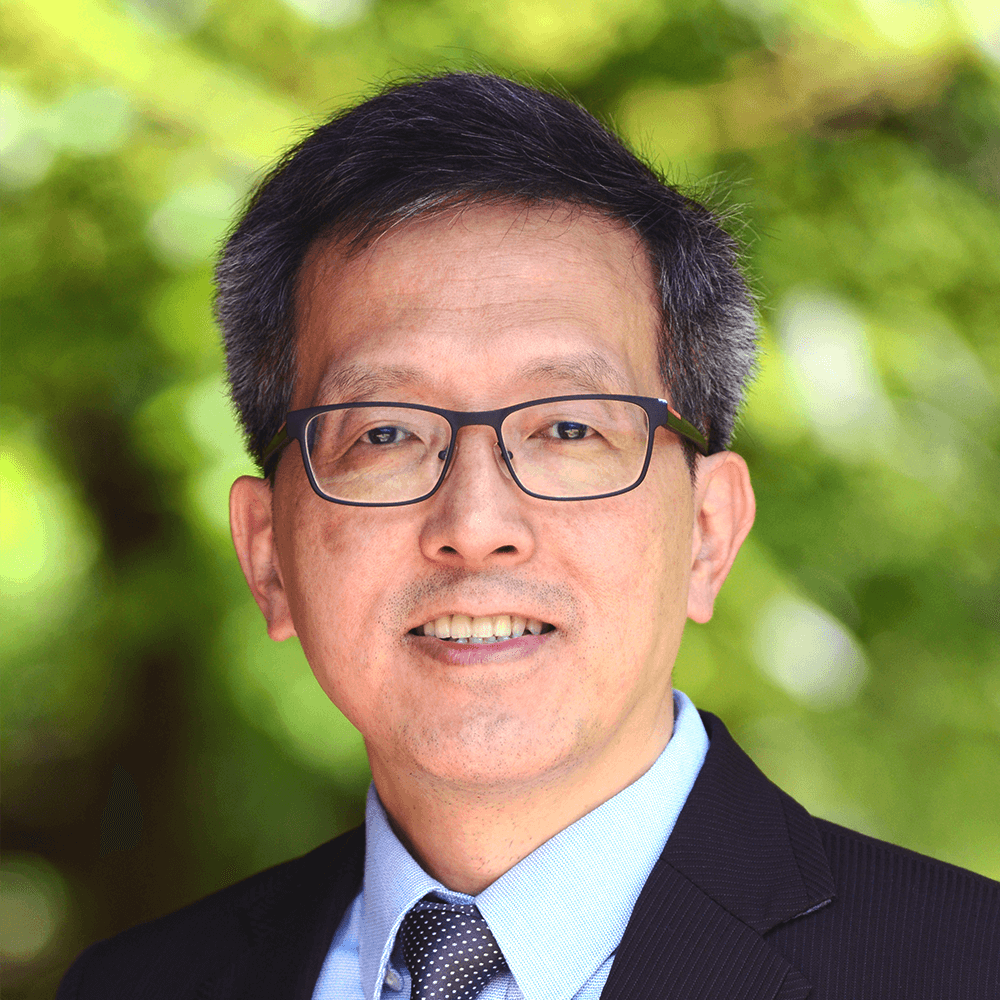穆勒對加爾文和改革宗正統派神學研究的貢獻和影響 /蔡少琪
撮要
本文介紹了近代加爾文主義大師穆勒在加爾文和改革宗正統派研究的貢獻和影響。全文共分三部分:(1)穆勒和改革宗神學研究在近代的主要發展;(2)加爾文思想的幾個核心觀念;(3)如何閱讀《基督教要義》。作者在第一部分指出,穆勒承接了近代由歐伯曼推展的宗教改革神學研究的突破,強調要留心宗教改革與中世紀末神學發展的多線關係。穆勒也修正了自十九世紀末對加爾文和加爾文主義者關係的分析,指出我們不能視加爾文為改革宗神學的唯一奠基者,同時必須留意加爾文所使用的十六世紀神學用詞和框架。另外,穆勒也修正了對改革宗正統派與經院哲學之間關係的看法。在第二部分,作者指出穆勒曾多次強調必須在加爾文的歷史處境下研究加爾文;同時更引申穆勒的想法,指出若要正確理解加爾文,就必須注意加爾文是第二代的宗教改革家,而他本身也不是改革宗神學的唯一奠基者。早期的加爾文視自己為路德一派的晚輩,他不單受奧古斯丁思想的影響,也間接受中世紀奧古斯丁神學發展的影響。第三部分,作者引述穆勒的觀點,指出《基督教要義》是十六世的神學系統,我們必須留意它的功用和《基督教要義》與加爾文釋經工作的關係,以及墨蘭頓的方法論如何影響《基督教要義》的架構。在總結部分,作者申述穆勒有關加爾文神學和改革宗正統派神學的方法論的論說,並預期它在一段頗長的時間內,會影響加爾文神學及改革宗正統派神學的研究。
ABSTRACT
The article provides a review on Richard A. Muller’s contributions and impacts on Calvin studies and studies on Reformed Orthodoxy. The article is divided into three main parts: (1) Muller and the development of Reformed theology; (2) several key concepts in reading Calvin’s thoughts; and (3) how to read the Institutes. In the first part, the writer believes that Muller follows the trend set by Heiko A. Oberman in pointing out the subtle relationship between the late medieval theology and the Reformation theology. Muller also revises the analysis on the relationship between Calvin and the Calvinists, and points out that we cannot treat Calvin as the only codifier of the Reformed theology. Muller corrects also the perception of the relationship between Reformed Orthodoxy and the scholasticism. In the second part, the writer points out that Muller repeatedly reminds us to investigate Calvin in Calvin’s historical context. To interpret Calvin correctly, the author, expanding Muller’s thoughts, argues that we should observe that Calvin is a reformer of the second generation. Calvin is not the only codifier of Reformed theology; the young Calvin also sees himself as a part of the Lutheran Reformation, and Calvin is not only influenced by Augustine’s thoughts, but also by the development of the Augustinian theology in late medieval. In the last part on how to read the Institutes, Muller reminds us that we should read the Institutes as a sixteenth century theological system. We should pay attention also to the relationship between the Institutes and Calvin’s exegetical efforts. In addition, we should be aware of the impact of Melanchthon’s methodology on the structure of the Institutes. In conclusion, the author argues that Muller’s scholarship on the methodology of Calvin studies and Reformed Orthodoxy studies will continue to have great impact on the research on these areas for quite a long period of time.
原載於《建道學刊》26期(2006年7月),頁55-106。
作者簡介
蔡少琪
何義思教席副教授
院長
Latest Articles
新手牧者研究計劃(三):新手牧者的身心靈狀態 / 盧慧儀
2025 年 11 月 19 日
個體與關係:滕近輝思想中「深化」的靈性觀 / 倪步曉
2025 年 11 月 18 日
香港九龍塘基督教中華宣道會之起源和發展史/陳智衡
2025 年 10 月 20 日
Highlights
[電子書]困境與抉擇:「建道研究中心30週年誌慶」跨學科研討會論文集/廖炳堂、倪步曉主編
2025 年 1 月 2 日
從梧州到長洲:建道神學院125年的挑戰與恩典 / 陳智衡
2023 年 10 月 1 日
微小教會的見證/高銘謙
2023 年 6 月 1 日








